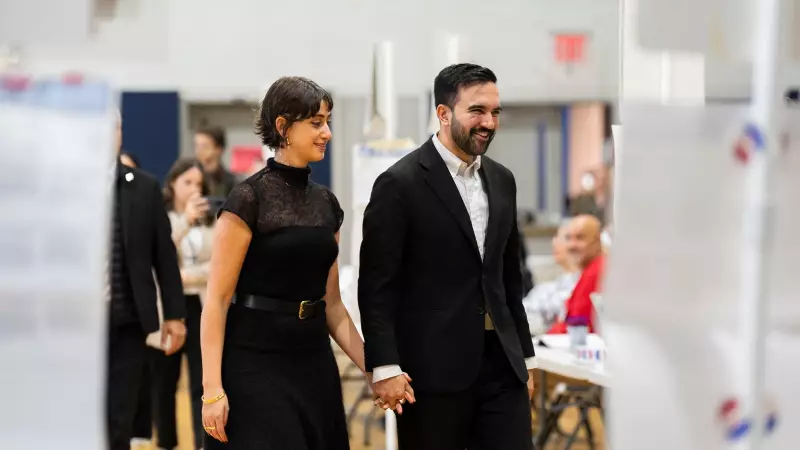
In a political earthquake that has sent shockwaves through American politics, Zohran Kwame Mamdani, a 32-year-old Democratic Socialist, has achieved what many considered impossible: defeating New York's political establishment to become the city's new mayor.
The Unlikely Candidate Who Defied Expectations
Mamdani's victory represents a dramatic shift in New York's political landscape. The son of renowned anthropologist Mahmood Mamdani and filmmaker Mira Nair, Zohran brought a unique perspective to the race. His platform resonated deeply with young voters and working-class communities who felt left behind by traditional politics.
Key Elements of Mamdani's Winning Strategy
- Grassroots Mobilization: Built an army of volunteers who knocked on over 500,000 doors
- Progressive Agenda: Championed policies like universal rent control and defunding the police
- Youth Engagement: Successfully mobilized the 18-35 demographic, which turned out in record numbers
- Coalition Building: United diverse communities around shared economic concerns
The Establishment's Failed Counter-Strategy
New York's political elite initially dismissed Mamdani as a fringe candidate. However, as his campaign gained momentum, traditional power brokers launched a multi-million dollar counter-campaign that ultimately failed to connect with voters.
"They underestimated the hunger for real change," Mamdani noted in his victory speech. "New Yorkers are tired of empty promises and business-as-usual politics."
What This Means for American Politics
Mamdani's victory signals a potential realignment in urban politics across the United States. His success demonstrates that progressive, socialist-leaning candidates can win major offices when they effectively communicate their vision and build genuine community connections.
The new mayor-elect now faces the enormous challenge of implementing his ambitious agenda while navigating the complex realities of governing America's largest city. All eyes will be on New York as Mamdani attempts to turn his campaign promises into tangible policies that improve lives.





